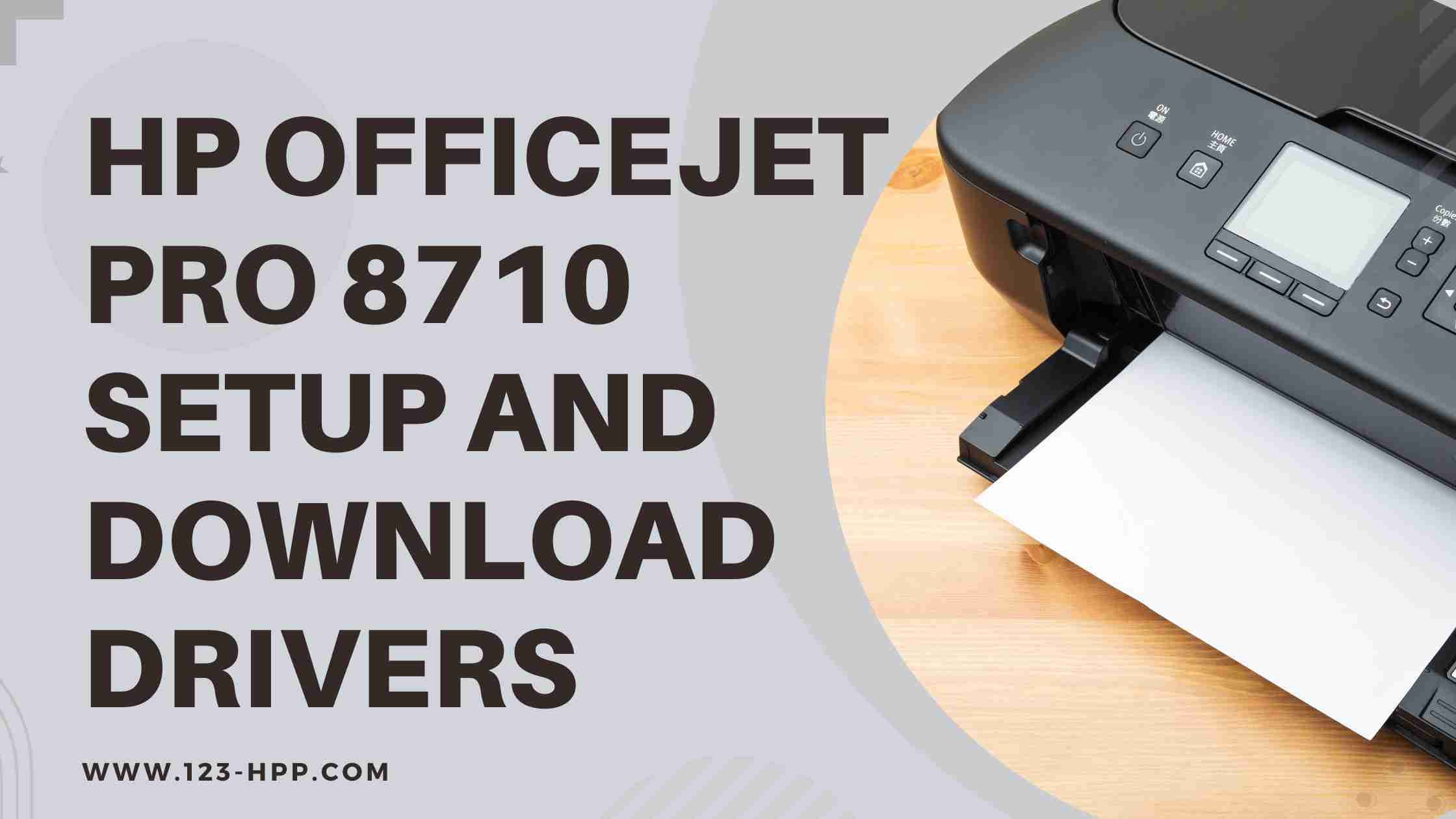Are you in the market to purchase an energy storage solution but overwhelmed by the plethora of options available? Energy storage solutions have become the preferred choice for many industries in various applications. Batteries not only provide constant power to electronic devices but are also used as backup devices for storing renewable energy for a sustainable future. In this blog post, we’ll take a closer look at a regular flooded battery and see how they differ from other energy storage solutions to help you make an informed choice. Let’s scroll on and dive deeper!
As we move towards a more sustainable energy landscape, the demand for energy storage systems is increasing rapidly. They enable us to store surplus energy when it’s abundant and release it whenever required most, helping to balance the grid and decrease our reliance on fossil fuels.
Need of Energy Storage
- Grid Stabilization: Energy storage solutions can help stabilize the electrical grid, ensuring a constant power supply.
- Renewable Integration: They allow us to store energy from renewable sources like wind and solar and then release the power during bad weather like rainy days.
- Backup Power: Energy storage systems provide backup power during unexpected outages, keeping your lights on and devices running without interruptions.
- Cost Savings: By utilizing stored energy during peak demand times, you can reduce your energy costs.
Regular Flooded Battery: Reliable One
Flooded batteries, popularly known as lead-acid batteries are old but reliable battery technology. They have been around for over a century and are known for their reliability and robustness. Regular flooded batteries are designed to supply power to various portable electronic devices, electric vehicles, solar panels, and home inverters.
Advantages of Flooded Batteries
- Proven Technology: A regular flooded battery is one of the oldest and most popular rechargeable battery technologies with a long track record of reliable performance.
- Cost-Effective: They are relatively affordable when compared to some other types of energy storage solutions.
- Readily Available: Flooded batteries are widely available, making replacement parts and maintenance easier.
Drawbacks of Flooded Batteries
- Maintenance Intensive: They require regular maintenance, including adding of distilled water to the water level.
- Limited Lifespan: Flooded batteries have a short lifespan, typically between 300 and 700 cycles. This can be increased by proper maintenance of batteries.
- Environmental Concerns: They contain lead, which can cause environmental hazards when not properly disposed of.
Lithium-Ion Batteries: High Power Battery
Lithium-ion batteries have revolutionized the world of energy storage with their high energy density and long cycle life.
Advantages of Lithium-Ion Batteries
- High Energy Density: Lithium-ion batteries offer more energy storage in a smaller footprint.
- Long Cycle Life: They can endure thousands of charge-discharge cycles, making them a durable choice.
- Low Maintenance: Lithium-ion batteries require minimal maintenance, reducing hassle.
Drawbacks of Lithium-Ion Batteries
- Higher Cost: Lithium-ion batteries are typically more expensive upfront.
- Safety Concerns: There have been some safety incidents, although modern designs have improved safety.
Flow Batteries: The Compelling Choice
Flow batteries are a type of rechargeable battery well-known for their durability and scalability.
Advantages of Flow Batteries
- Longevity: Flow batteries are popular for their extended lifecycle, with some components having the potential of infinite lifespans.
- Scalability: They can be easily scaled up or down to meet your specific energy storage needs.
- Chemical Separation: The energy storage medium is in a separate tank, reducing safety concerns.
Drawbacks of Flow Batteries
- Lower Energy Density: They may require more space for the same energy storage capacity.
- Complexity: Flow batteries can be more complex to install and maintain.
Choosing the Right Energy Storage Solution
When it comes to selecting the right energy storage solution, you must do some mindful considerations, like your specific needs, budget, and priorities. Here’s a brief summary to help you make the right choice:
- Regular Flooded Battery: You should choose this battery if you’re on a budget and ready to commit to regular maintenance. They are best suited for smaller applications where the budget is limited. Always consult a trusted manufacturing company that provides you a wide range of regular flooded batteries at lowest prices.
- Lithium-Ion Battery: Opt for these if you are looking for a high energy density and low maintenance battery. They are lightweight and suitable for residential and commercial applications where space is limited.
- Flow Battery: Go for flow batteries if you need a long-lasting, scalable solution with minimal maintenance. They are ideal for large-scale, industrial, or grid-level applications.
In conclusion, the energy storage landscape is wide, and each battery technology has its distinct features and limitations. You should consider factors such as your specific requirements, budget, and long-term goals while choosing the right energy storage solution for your intended use. Reach out to a professional or expert who can provide you guidance on selecting the best energy storage solution for your specific requirements. Find a trusted manufacturing company that offers you a diverse range of a regular flooded battery, lithium-ion and flow batteries at competitive prices.







